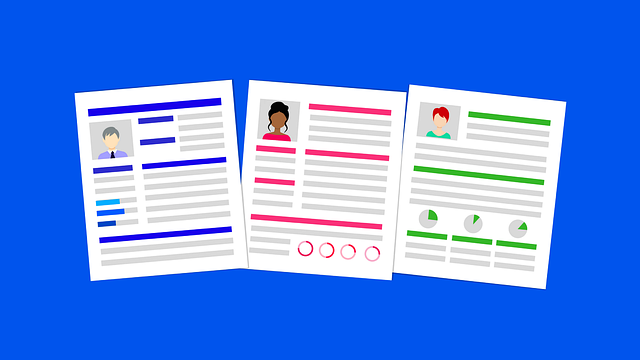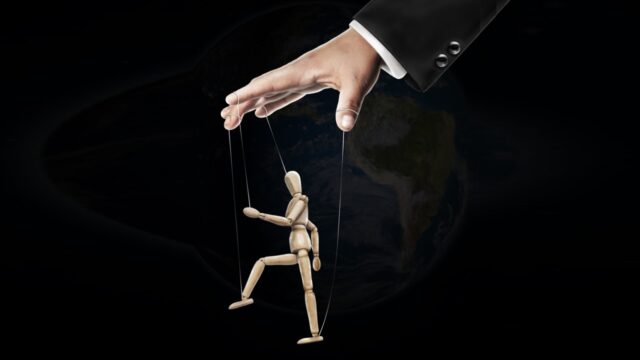
What happens when employees lack power at work
Originally posted on The Horizons Tracker.
Many workers are in the unfortunate position of being pretty powerless at work, with this problem exacerbated by a pandemic that has greatly increased the precariousness of work for many.
New research1 from the University at Buffalo School of Management highlights some of the consequences of this powerlessness, with employees often feeling inherently vulnerable, which can result in paranoia and mood swings towards colleagues, clients, and even family members.
“History is filled with examples of individuals with little power being subjugated and objectified, causing many people to associate low power with vulnerability,” the researchers say. “Here, we demonstrate that when employees think they lack power in their workplace, they can feel threatened and become paranoid.”
Feeling powerless
This feeling of powerlessness is unfortunately common, with the authors citing examples such as an entry-level employee who guards their work in order to take full credit for it. Indeed, even something as seemingly trivial as the receipt of a terse-sounding email may be enough to put you on edge.
The researchers replicated the phenomenon across five studies featuring over 2,300 volunteers. The experiments both asked volunteers to recall past work experiences but also observed employees at work before measuring their feelings of power and paranoia each day, both at home and at work.
The results clearly show a link between power and paranoia with paranoia rising as power fell. This led to those individuals engaging in mild forms of aggression, whether that was being unpleasant or critical towards a colleague, complaining about their work, or even deliberately wasting company resources.
“Paranoia can cause people to interpret benign interactions—a colleague not saying hello in the hallway—as hostile or offensive,” the researchers say. “Even without any interaction at all, some people may worry others are talking behind their back or conspiring against them.”
This phenomenon can be countered, however, either by the culture of the workplace or one’s socioeconomic status. The data showed that people with higher socioeconomic status were less likely to suffer from paranoia even compared to peers with similar amounts of power. This was exacerbated by cultures whereby employees are supported, both by their direct manager and by the company as a whole.
“Feeling powerless and vulnerable is common and often motivated by subtle experiences,” the researchers conclude. “That’s why it’s especially important for leaders to create a supportive work environment, by allocating resources and offering promotions fairly, strengthening supervisor-subordinate relationships, disincentivizing self-serving behaviors, and removing job stressors.”
Article source: What Happens When Employees Lack Power At Work.
Header image source: Hello I’m Nik on Unsplash.
Reference:
- Schaerer, M., Foulk, T., du Plessis, C., Tu, M. H., & Krishnan, S. (2021). Just because you’re powerless doesn’t mean they aren’t out to get you: Low power, paranoia, and aggression. Organizational Behavior and Human Decision Processes, 165, 1-20. ↩






